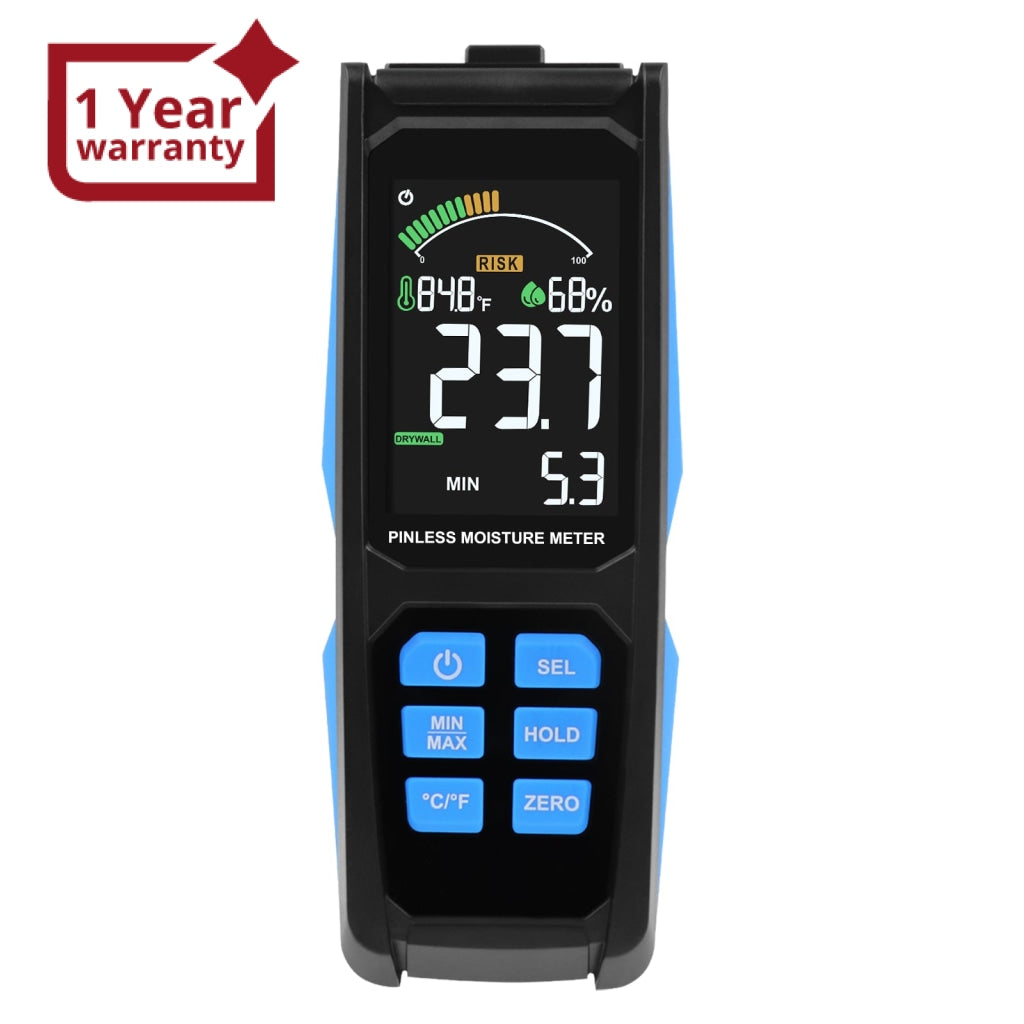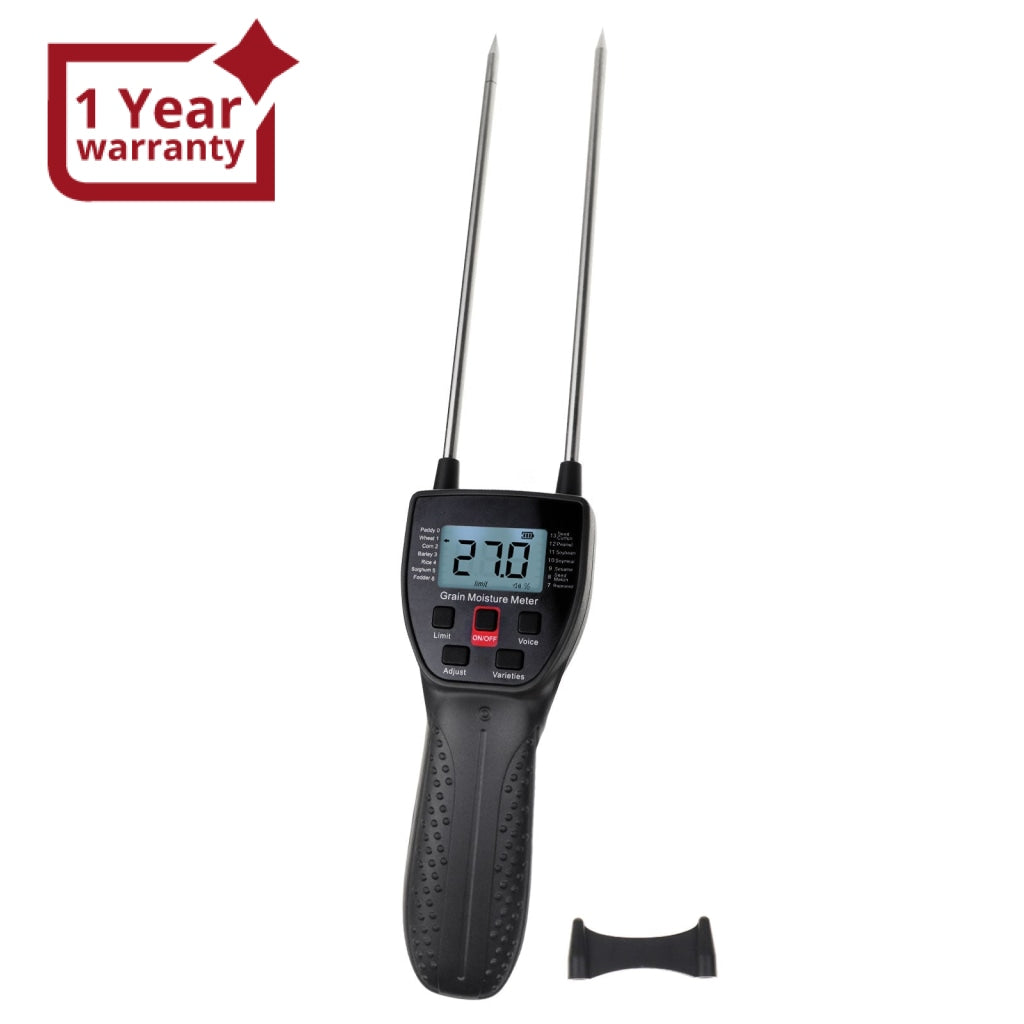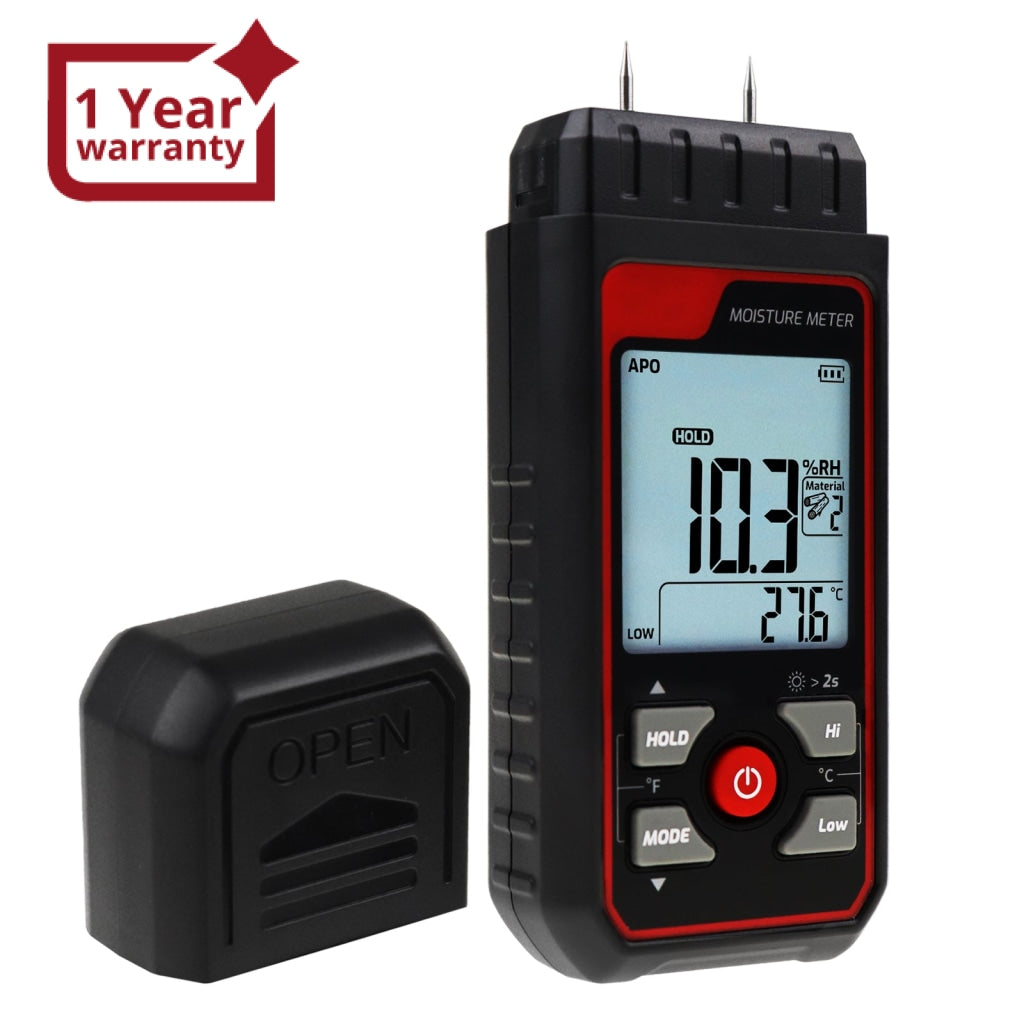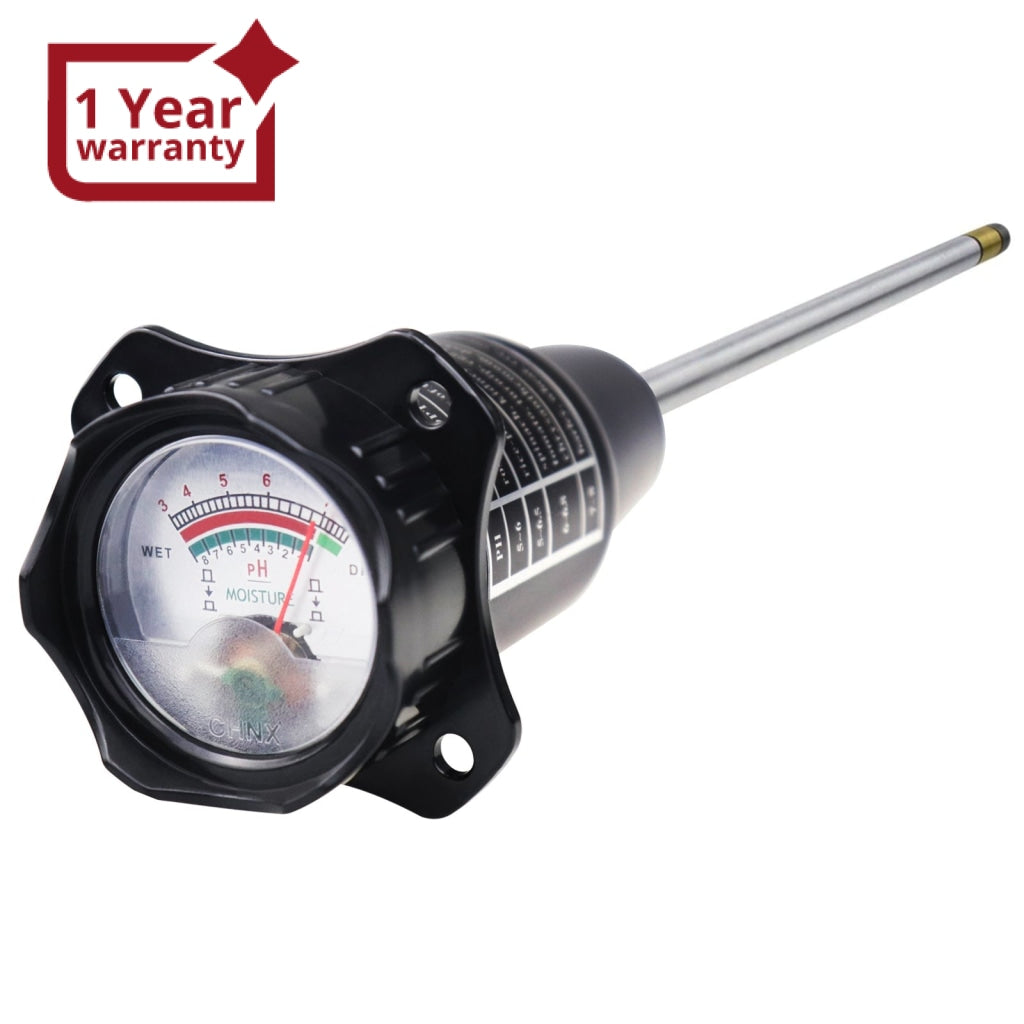
Unlocking the Power of Moisture Meters: A Handy Guide
Moisture meters may not be the first tool that comes to mind when you think of essential gadgets, but they are a hidden gem in the world of measurement instruments. These unassuming devices have a wide range of applications, from construction and agriculture to woodworking and home maintenance. In this short blog article, we'll explore what moisture meters are, how they work, and why you might want to consider adding one to your toolkit.
What is a Moisture Meter?
A moisture meter, also known as a moisture tester, is a handheld device used to measure the moisture content in various materials. They come in different types and sizes, each tailored to specific applications. The basic principle behind all moisture meters is simple: they gauge the electrical conductivity or capacitance of a material, which varies with its moisture level.
Types of Moisture Meters
- Pin-Type Moisture Meters: These meters have two sharp pins that you insert into the material you want to test. The electrical resistance between the pins is measured, giving you a moisture reading. Pin-type meters are great for wood, drywall, and other construction materials.
- Pinless Moisture Meters: These meters use electromagnetic signals to scan the surface of a material without causing damage. They are ideal for large surfaces like floors, walls, and ceilings, as they provide a non-invasive way to measure moisture.
- Grain Moisture Meters: Farmers and grain handlers often use these specialized meters to determine the moisture content in grains such as wheat, corn, and rice. They are vital for ensuring the quality and safety of stored grains.
- Concrete Moisture Meters: Construction professionals rely on concrete moisture meters to prevent issues like cracking, warping, and mold growth by assessing the moisture content in concrete and cement.
Why Use a Moisture Meter?
- Prevent Mold and Decay: In homes and buildings, high moisture levels can lead to mold growth and structural damage. Moisture meters help identify problem areas before they become major issues.
- Optimize Woodworking: Woodworkers use moisture meters to ensure their lumber is properly dried and acclimated. This prevents warping, splitting, and other defects in finished products.
- Agricultural Benefits: Farmers can use grain moisture meters to determine the best time for harvesting and storing crops, helping to maximize yield and quality.
- Construction Quality Control: In construction, moisture meters are invaluable for ensuring the right moisture content in materials, which is critical for the durability of structures.
- Energy Efficiency: Homeowners can use moisture meters to detect hidden leaks in walls or ceilings, helping to improve energy efficiency and reduce utility bills.
Moisture meters may not be glamorous, but they are undeniably practical tools. Whether you're a DIY enthusiast, a professional tradesperson, or a farmer, these devices can save you time, money, and headaches by helping you make informed decisions about moisture levels in various materials. So, next time you're tackling a project that involves materials vulnerable to moisture, consider adding a moisture meter to your arsenal—you'll be amazed at the difference it can make.
You can find our latest models below, or you can check out all your available options by clicking here.




